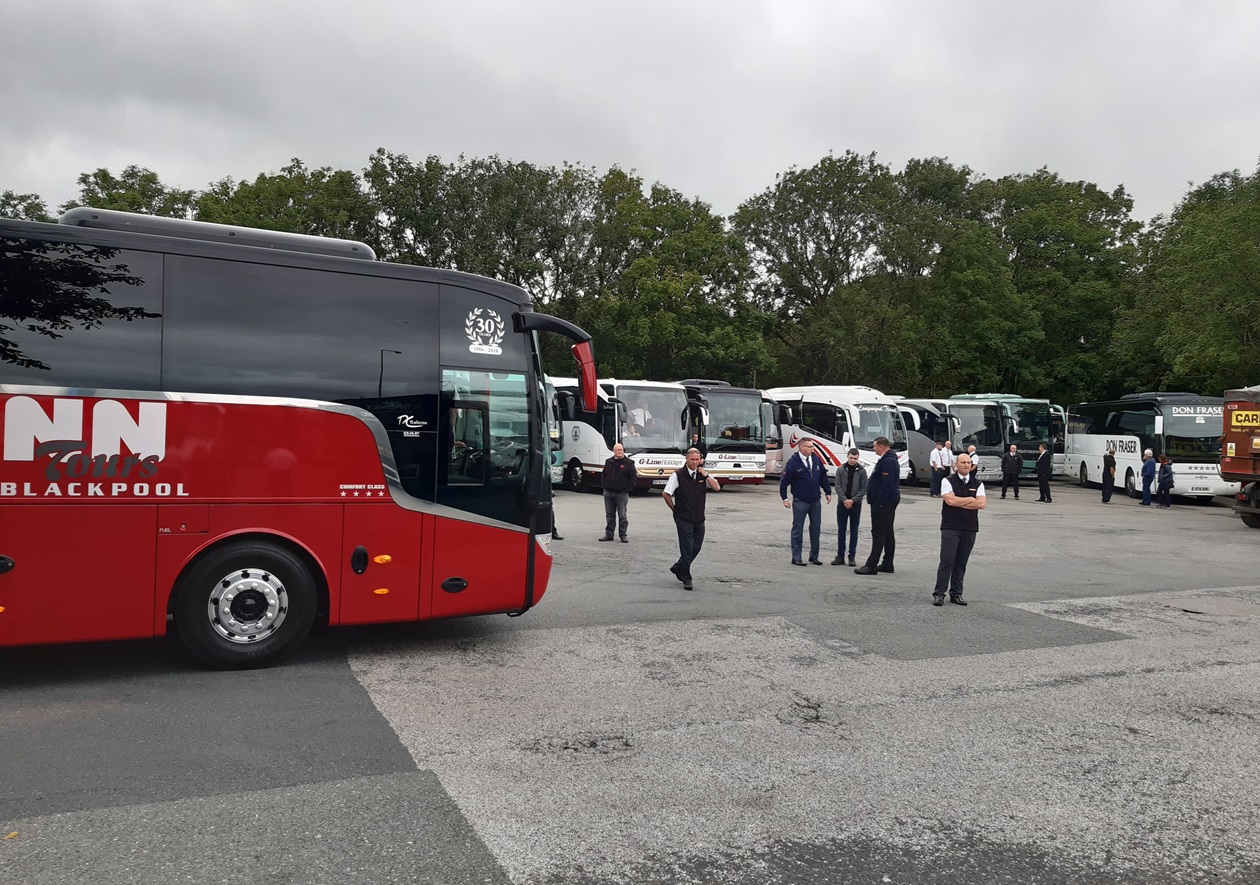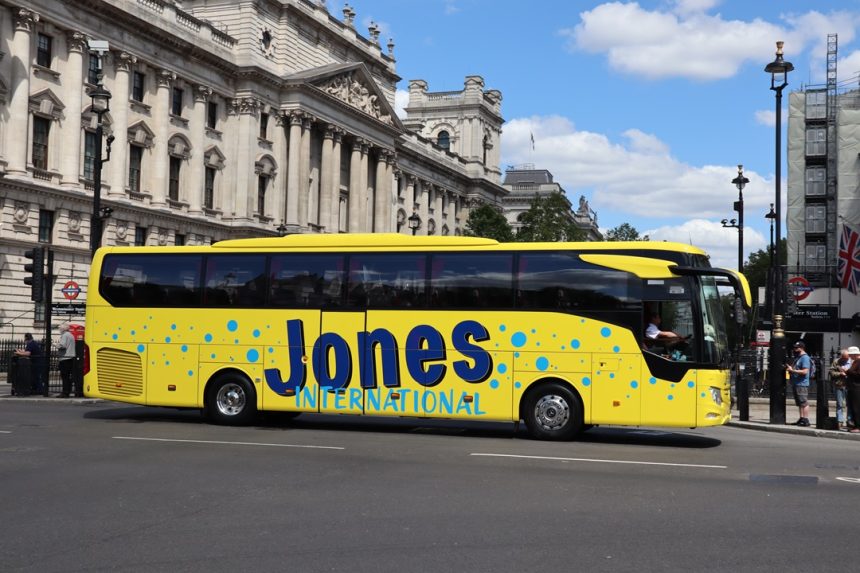RHA has set out 14 recommendations to help the coach industry to deliver economic growth via a report that was published four days before the start of National Coach Week 2025 on 12 May.
That document, Coaches – A Clear Route to Growth, was presented at a roundtable on 7 May. The gathering brought together industry members and Local Transport Minister Simon Lightwood and All-Party Parliamentary Group for Hospitality and Tourism Chair Chris Webb MP. Also present were trade bodies and civil servants.
Introducing skills bootcamp training for category D driving licence acquisition, incentivising the adoption of low-carbon fuels and investment in road infrastructure all feature among those points, while restrictions on the youngest drivers should be removed, the Association says.
In its most notable recommendation, RHA wants all levels of government to consider “a bespoke financial package which supports the long-term validity of the [coach] industry, recognises the significant part it has to play in providing sustainable public transport and driving economic growth.”
That call relates to the ongoing post-pandemic recovery of coaching. RHA adds that there “is an urgent need for more support for the coach sector,” and it notes how it still has not fully returned to pre-COVID health.
A related recommendation is consideration of launching a “green fund” to allow investment in coaches as more environmentally friendly vehicles, along with better infrastructure provision, tax breaks on investments, and funding for skills.
On decarbonisation, RHA advocates the development of a zero-emission coach travel roadmap up to 2050 that spares operators the burden of complying with emissions control zones. It also wants investment in necessary infrastructure – including road infrastructure – to support the net-zero transition.
For low-carbon fuels, ministers should look to lower their costs and increase availability. The trade body has also underlined existing calls on control of borders between the UK and the EU. Streamlined processes for crossing them and a less restrictive structure for drivers on international journeys make up that recommendation.

On PSVAR, RHA has put forward its position that accessibility should be legislated for on the basis of demand. It says that a focus on vehicle accessibility without consideration of infrastructure for boarding and alighting is a “flaw” in the existing approach.
“An over-focus on accessible vehicles will impose extra and unnecessary costs on operators without actually improving the accessibility of transport routes,” the report says.
“The law should therefore focus on the ability for operators to provide accessible journeys, both promoting more accessibility infrastructure at destinations as well as the operators’ procedures for providing these journeys.”
Clarity on the safety measures of buses versus coaches to ensure that the former does not benefit from “an unfair competitive advantage” on home-to-school transport is highlighted as a further recommendation.
That relates to what the report says are “more rigorous safety measures” for coaches than buses, including provision of seatbelts, high-backed seats and structural integrity measures.
“With lower safety standards and an abundant supply of later-life vehicles, this means that buses increasingly have a competitive advantage over coaches – a disparity that must be addressed.”
A related call involves provision of “a separate regulatory structure for coach” that RHA says would remove that sector “from the increasingly regulated public transport bus sector and ensuring it is treated as an industry in its own right.”
Speaking about the roundtable event and the report, RHA Managing Director Richard Smith says: “We are delighted that operators, stakeholders and parliamentarians came together on the eve of National Coach Week to continue our collaborative work on supporting our industry to drive growth.
“The coach sector is an unsung yet key economic enabler supporting businesses and connecting communities efficiently, sustainably and economically. We believe that the sector can substantially facilitate even more to the country’s social and economic wellbeing, but it needs support from government and policymakers to do so.
“We need regulatory change and greater investment in people and technologies to unlock that potential, which is why we have presented a vision to get there through our Coaches – A Clear Route to Growth recommendations.
“I would urge everyone to get involved in National Coach Week and celebrate and showcase the fantastic job our sector does day in, day out.”
Download the RHA report here.



























